
Once again, preservatives found in ultra-processed foods are linked to health harms. A large study of 105,260 French adults found that higher intakes of some common food additives or preservatives are linked to certain cancers.
There was an association of higher intake of seven preservatives with a higher risk of overall cancer, and also with breast and prostate cancer. On the other hand, there was no link between overall preservatives and cancer - just with the 7 preservatives.
The researchers looked at the overall cancer rate, as well as the most common 17 preservatives, and found certain associations: potassium sorbate with overall cancer and breast cancer, potassium metabisulfite with overall cancer and breast cancer, sodium nitrite with prostate cancer, potassium nitrate with overall cancer and breast cancer, acetates with overall cancer and breast cancer, acetic acid with overall cancer, and sodium erythorbate with overall cancer and breast cancer.
Bottom line: Read ingredient lists on food labels. Avoid foods that contain ingredients with chemical sounding names that are not normally found in a home kitchen. Those ingredients are in ultra-processed foods. Additionally, "natural flavors" are laboratory concoctions (found in ultra-processed foods).
From The Guardian: Studies link some food preservatives to higher diabetes and cancer risk
Higher consumption of some food preservatives is associated with an increased risk of type 2 diabetes and cancer, two studies suggest.
The findings, published in the medical journals Nature Communications and the BMJ, may have important public health implications given the ubiquitous use of these additives globally, researchers said. ...continue reading "Some Food Preservatives Are Linked To Cancer"

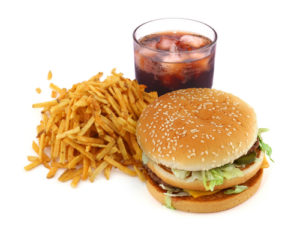 Ultra-processed foods are linked to many
Ultra-processed foods are linked to many 
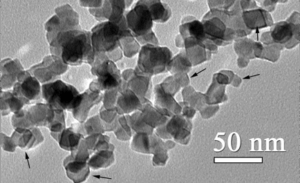
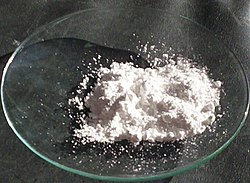
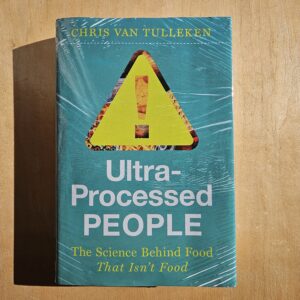 There is much concern with the amount of highly or ultra-processed foods the typical American eats - over 50% of the calories eaten daily! A very good book about ultra-processed food is
There is much concern with the amount of highly or ultra-processed foods the typical American eats - over 50% of the calories eaten daily! A very good book about ultra-processed food is 
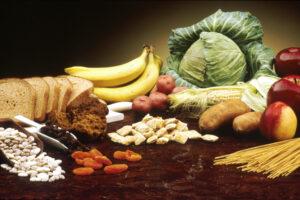 Eating plant-based foods has health benefits. But only if it's from real foods, and not ultra-processed. A recent
Eating plant-based foods has health benefits. But only if it's from real foods, and not ultra-processed. A recent